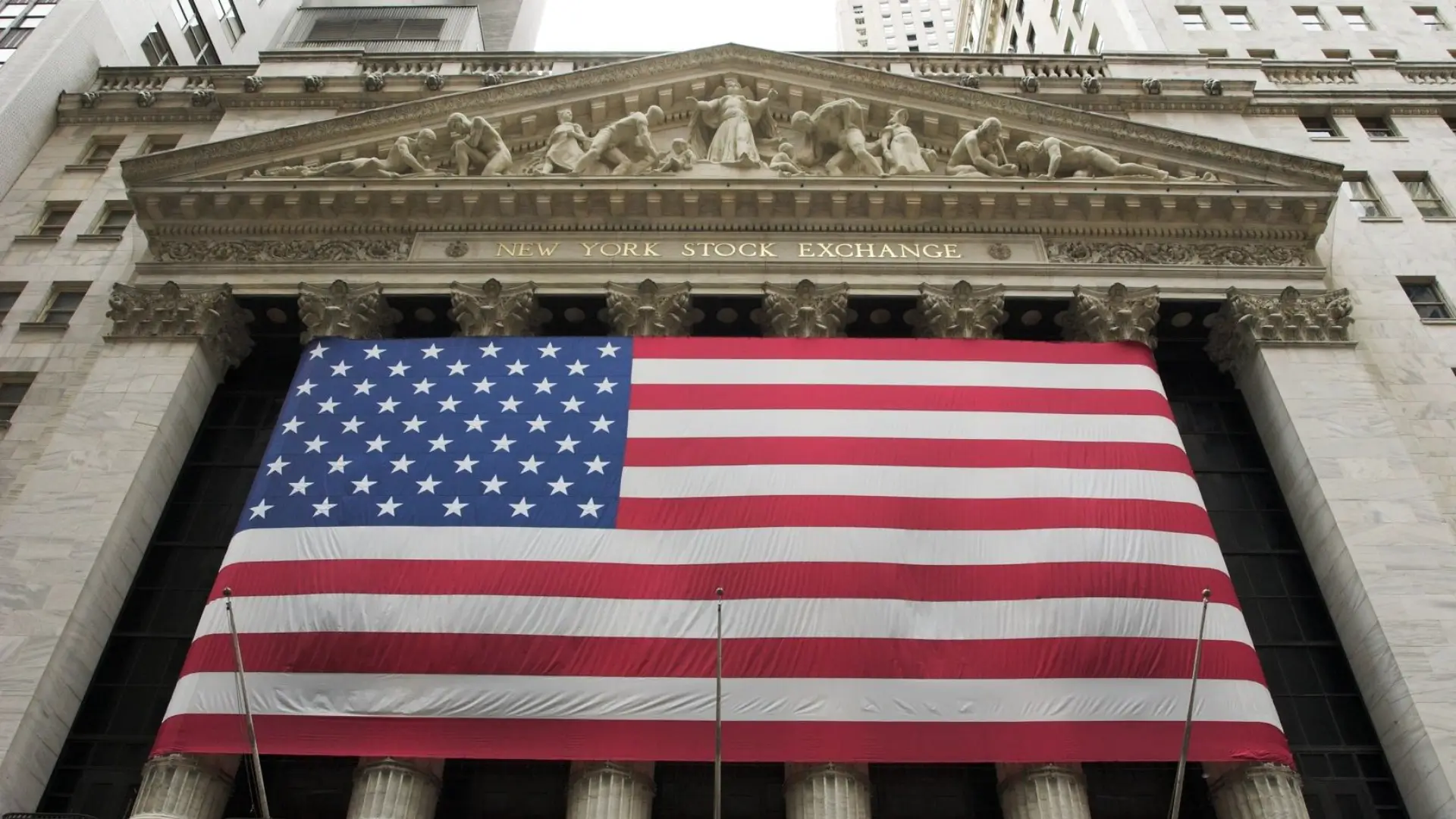
A plea for a more policy-oriented governor’s race
Originally published in the Deseret News.
I pay a lot of attention to the Utah governor’s race because of the importance of the chief executive to the success of our state. I want to make a plea for a more policy-oriented governor’s race.
My plea is born of experience. Governors matter. They set the direction for the state and lead in times of crisis. In the 2016 election we have three accomplished and talented candidates vying for office. We need to learn more about their policies and vision for the state.
My frustration stems from weeks of banter over a very limited slate of topics, even as the primary election vote-by-mail ballots are less than three weeks away. There’s been a superglue controversy over who sealed the locks of a Herbert campaign truck, an incendiary debate about Common Core, and then, most recently, the unfortunate tone and tenor of campaign fundraising. Yes, we need campaign finance reform and, yes, these issues are important, but there’s so much more.
I worked for three Utah governors. They operate in a high-stakes environment. Sometimes it’s a matter of life and death and other times it’s our future prosperity.
I was staff to Gov. Norman Bangerter when he led the state through the Singer-Swap standoff. Adam Swapp planted 18 sticks of dynamite in an LDS meetinghouse. A 13-day standoff ensued that was broadcast on national news channels. It was tense and the risks were high. It ended in the death of a valiant public safety officer. Being governor is serious business.
Being governor also requires the ability to see the future and execute your vision. I watched as Gov. Mike Leavitt skillfully led Utah into the information age and oversaw the longest sustained economic expansion in state history. He led the charge for online government services, major transportation investments and a doubling of engineers coming out of Utah colleges and universities. We continue to benefit from his forward-thinking leadership.
And who can forget the remarkable Gov. Olene Walker. In a moment of leadership she threatened to veto the state budget if the Legislature did not support her third-grade reading initiative. I sure miss that woman today.
So here’s a call for candidates in the Utah governor’s race to discuss a broader slate of issues and share their talent and perspectives. My list includes the following:
Rural Utah
Right now the Beehive State is a two-speed economy with urban Utah thriving and rural Utah struggling, particularly in energy counties. This state needs a serious re-imagining of rural Utah that relieves growth pressures in urban Utah and creates opportunity for rural residents.
Education governance
The governing board of our public schools needs attention. In 2014, a judge ruled unconstitutional Utah’s nomination process for the Utah State Board of Education. A policy discussion ensued about whether we should have a partisan or nonpartisan elected board or an appointed board. A compromise was reached in the 2016 legislative session, but education governance needs more discussion.
Tax modernization
Utah’s tax code needs serious reform. It’s not as efficient, fair or simple as it ought to be. It has not kept up with the information age and the rise of the service economy. If we modernize our tax code, we can lower rates and create a broader base. States that act will be well positioned for the future.
Election transformation
Utah voter turnout is abysmal. It defies much of what is great about our civically minded state — exemplary volunteerism, laudable public policy innovations and a problem-solving government. In 2014 the Utah Legislature and Count My Vote movement agreed to historic election reforms that opened up the process and created new avenues for civic engagement. Many are challenging these reforms and trying to limit people’s access to the ballot and voters’ ability to keep, rather than delegate, their vote. Voters need to know where candidates stand on this issue.
Elections are serious business and this is just a sampling of the important issues. Let’s implore our candidates to compete in the marketplace of ideas and have a more broad-based and substantive discussion about the future of our state.

